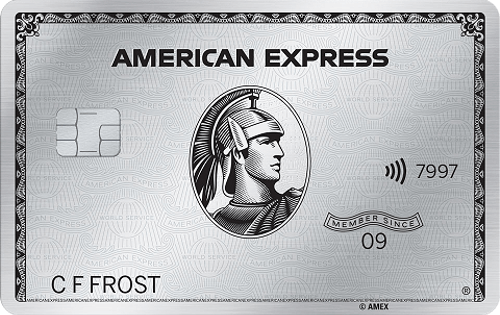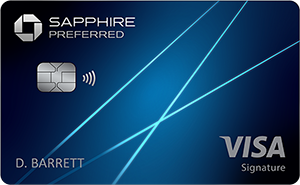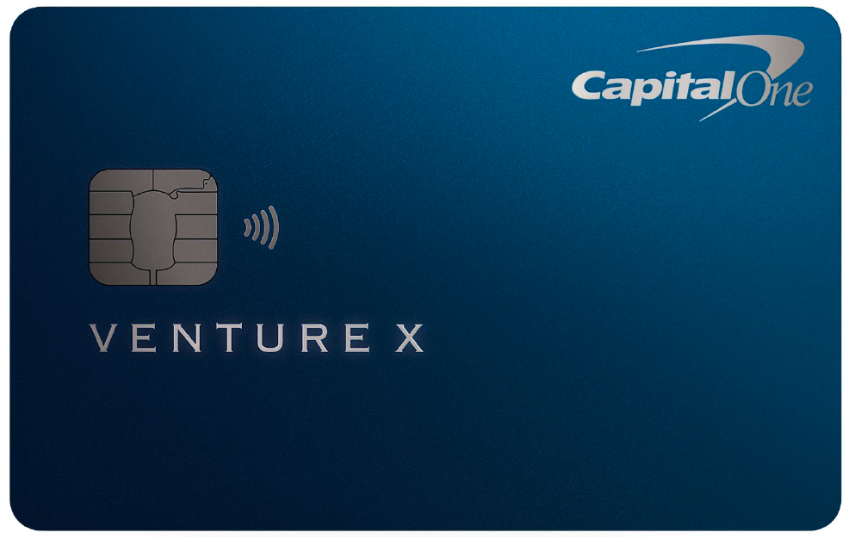Christine Krzyszton
Christine Krzyszton
Senior Finance Contributor
353 Published Articles
Countries Visited: 100U.S. States Visited: 45
Christine ran her own business developing and managing insurance and financial services offices. This stoked a passion for points and miles and she now has over 2 dozen credit cards and creates in-dep...
Edited by: Kellie Jez
Kellie Jez
Director of Operations & Compliance
6 Published Articles 1294 Edited Articles
Countries Visited: 10U.S. States Visited: 20
Kellie’s professional experience has led her to a deep passion for compliance, data reporting, and process improvement. Kellie’s learned the ins and outs of the points and miles world and leads UP’s c...
![Full List of Travel Insurance Benefits for the Chase Sapphire Reserve Card [2025]](https://upgradedpoints.com/wp-content/uploads/2020/01/Chase-Sapphire-Reserve-Upgraded-Points-LLC-Large-9.jpg?auto=webp&disable=upscale&width=1200)








![IHG® Rewards Club Select Credit Card — Full Review [2025]](https://upgradedpoints.com/wp-content/uploads/2018/03/IHG-Select-Card.jpg?auto=webp&disable=upscale&width=1200)
![Chase Sapphire Reserve Card – Full Review [2025]](https://upgradedpoints.com/wp-content/uploads/2025/06/Sapphire-Reserve.png?auto=webp&disable=upscale&width=1200)
![Chase Sapphire Preferred Card – Full Review [2025]](https://upgradedpoints.com/wp-content/uploads/2020/09/sapphire-preferred.png?auto=webp&disable=upscale&width=1200)
![Full List of Travel Insurance Benefits for the Chase Sapphire Preferred Card [2025]](https://upgradedpoints.com/wp-content/uploads/2019/07/Chase-Sapphire-Preferred-Upgraded-Points-LLC-07-Large.jpg?auto=webp&disable=upscale&width=1200)